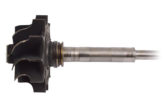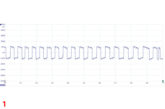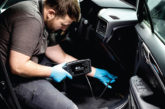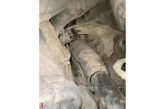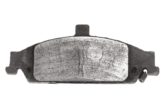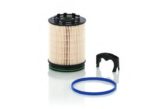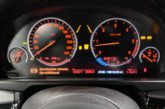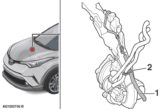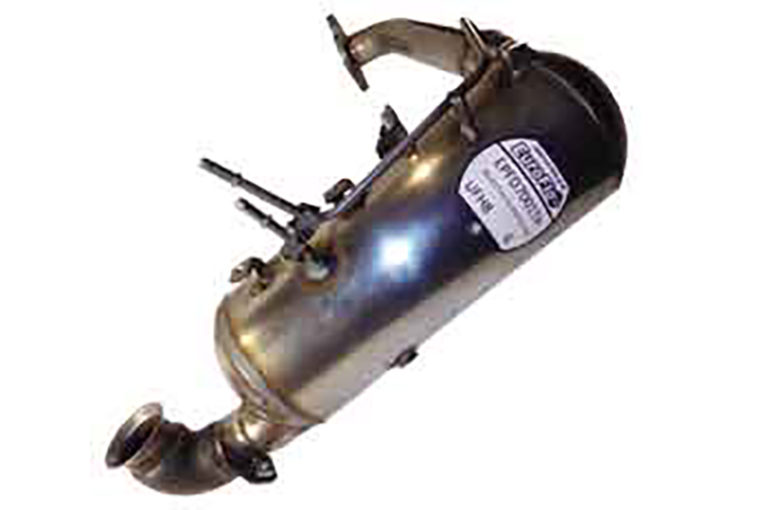
With the introduction of the ‘Euro 5’ emissions standard in 2009, the incorporation of a Diesel Particulate Filter (DPF) into the exhaust system of diesel passenger cars became effectively compulsory. As petrol prices spiralled at the same time, diesel powered cars, with their improved comfort levels and fuel economy, were gaining in popularity.
An almost ‘perfect storm’ was created, the upshot of which was that many diesels were sold without adequate information for the new owners. Many drivers were unaware that a DPF even existed, let alone what its purpose was and the best way to keep it functioning properly.
The result was that a significant amount of car owners were not doing the necessary amount of high speed miles to ‘regenerate’ (self-clean) the DPF, particularly if they lived in rural or city areas where road conditions and traffic made this process virtually impossible. It wasn’t long, therefore, before the DPFs fitted to these vehicles began to block up, with many garages faced with a regular stream of blocked DPFs.
So what are the most common reasons that can create issues with the DPF? Our technical team have identified the following:
1. Frequent short journeys where the engine fails to reach optimum operating temperature.
2. The use of the wrong engine oil – low ash, low sulphur oil must be used on DPF equipped vehicles.
3. EGR valve problems, such as stuck or fouled EGR components – EGR failure contaminates the inlet with oily “wet” residues, causing excessive dense soot loading.
4. Turbo failure – oil passes through turbo seals into the exhaust housing and the burnt oily residue enters the DPF, causing excessive dense soot loading.
5. The additive tank (if fitted) is low or empty – this can make any attempted DPF regeneration unsuccessful and can result in premature blocking.
Will a change do you good?
Occasionally some installers simply change the DPF thinking that this will cure the problem, but this will only ever be a VERY short term solution. The faults that caused the original DPF to fail MUST be resolved before the replacement DPF is fitted or the new component will fail – just like the original – in as little as 30 miles.
Go with the Flo
EuroFlo’s range of Diesel Particulate Filters are manufactured under full TUV accreditation and the range comprises more than 270 fully homologated, Type Approved part numbers, covering over 95% of the UK’s applicable car parc. To assist technicians further, EuroFlo can also provide helpful guides and fitting instructions.

